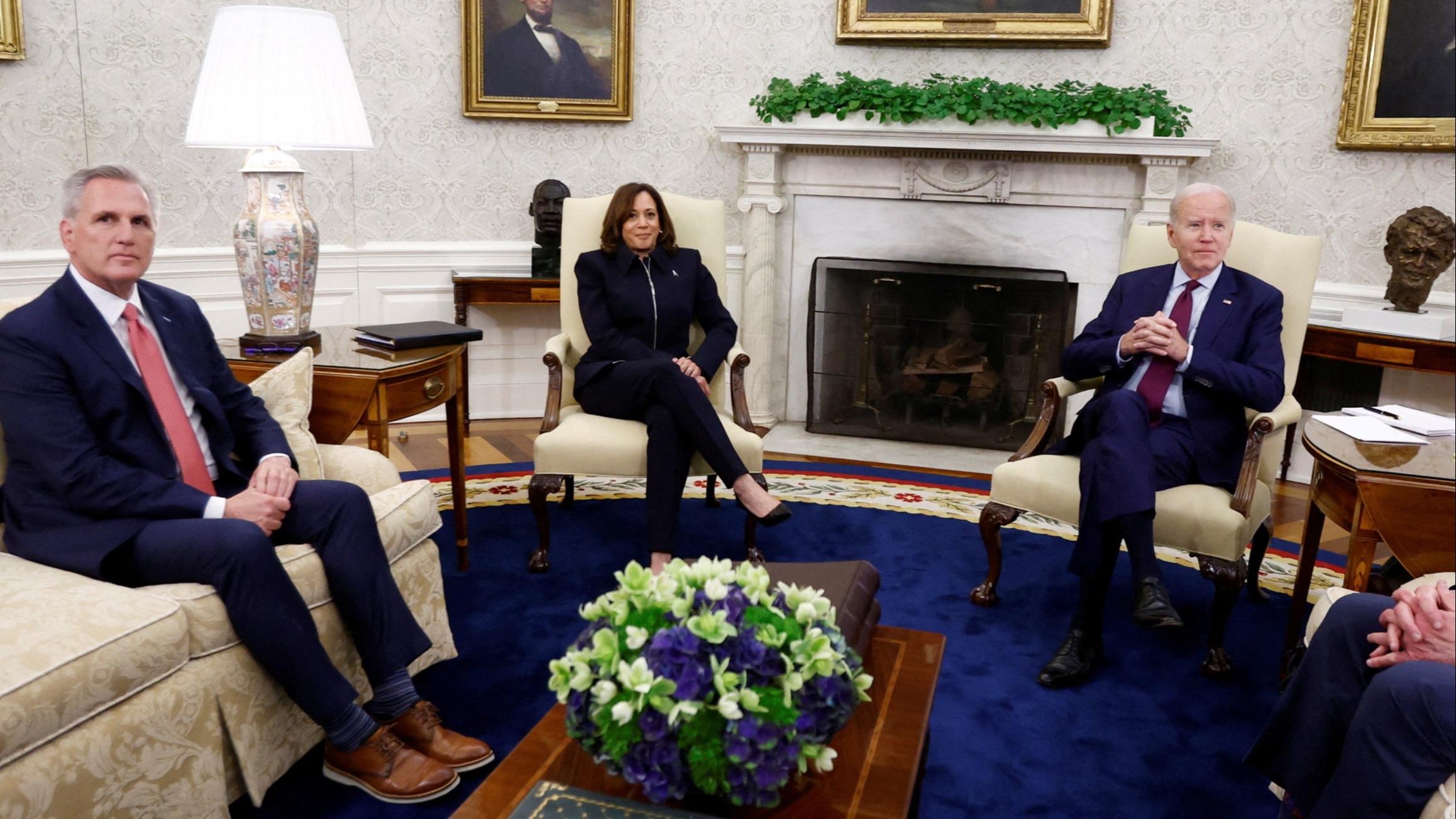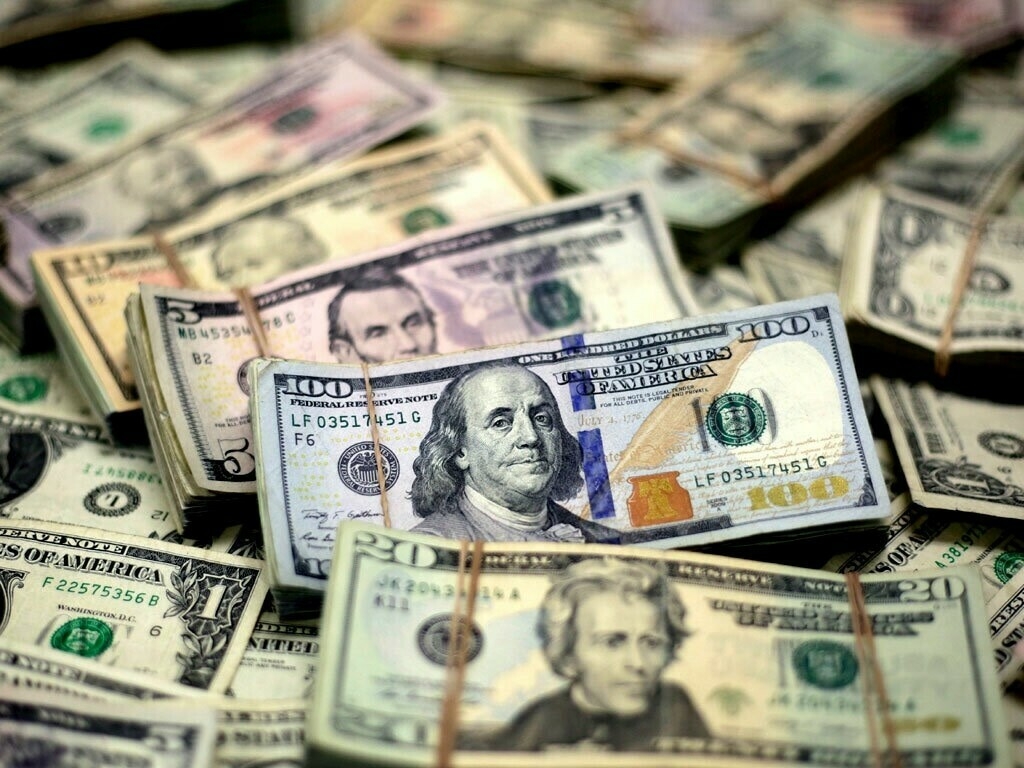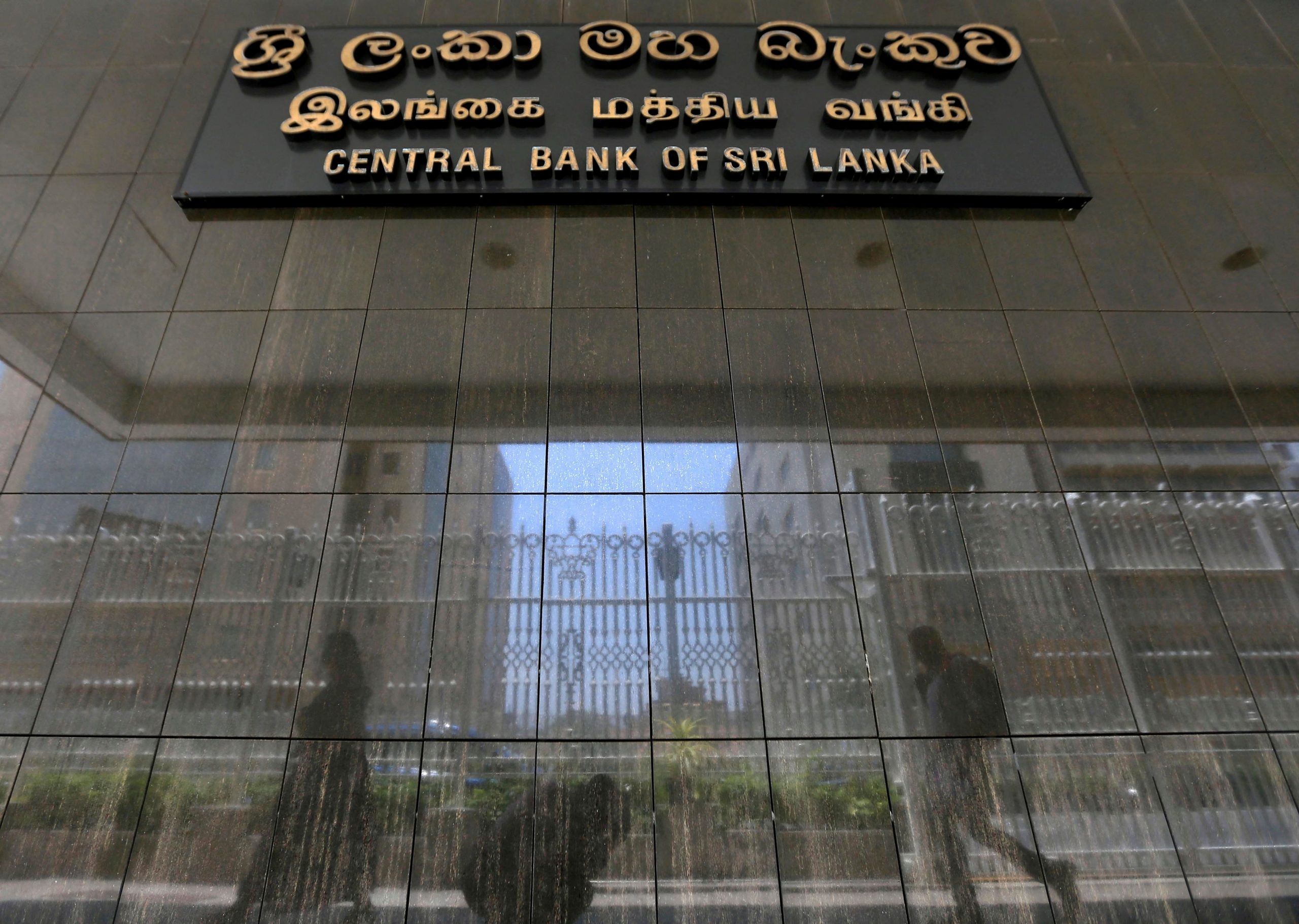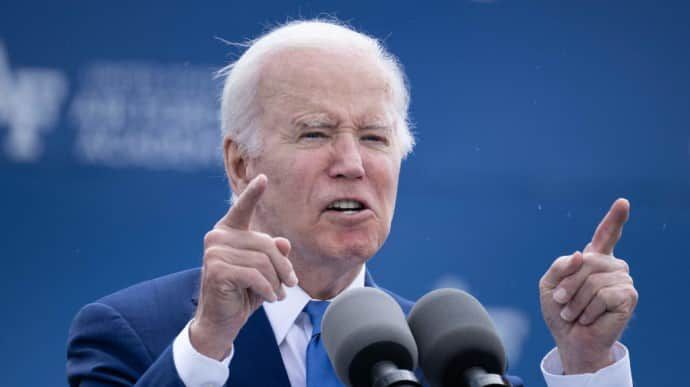The dollar gained strength on Wednesday as investors sought its safe-haven status amidst concerns over a potential U.S. debt default. Additionally, traders adjusted their expectations of an imminent interest rate cut by the Federal Reserve following encouraging U.S. consumer spending data.
Negotiations between U.S. President Joe Biden and Republican congressman Kevin McCarthy inched closer to a deal to raise the U.S. debt ceiling. However, no agreement has been finalized yet. President Biden warned that any default would lead the economy into a recession, and global investors worry about the adverse impact it would have worldwide.
Against a basket of major currencies, the dollar index rose by 0.25% to reach 102.86, reaching its highest level since early April. The dollar also climbed 0.5% against the yen, hitting a two-week high of 137.17. Furthermore, it gained 0.15% against the sterling, reaching $1.2469, its highest level against the British currency since April 26.

Solid growth in April’s consumer spending, coupled with comments from Federal Reserve officials, dampened expectations of near-term interest rate cuts in the U.S. Chicago Fed President Austan Goolsbee stated that it was too early to discuss rate cuts, and Cleveland Fed President Loretta Mester emphasized that rates had not reached a level where the central bank could maintain stability given persistent inflation.
Interest rate futures pricing currently implies no chance of a rate cut in June, a significant change from the approximately 17% chance seen a month ago.
Joe Capurso, a strategist at Commonwealth Bank of Australia, projected modest further increases in the dollar as markets continue to revise their expectations for rate cuts. He noted that a rate hike this year is possible but faces significant hurdles.
In contrast, the euro dipped to a six-week low against the dollar, declining 0.3% to $1.0831. Euro zone inflation accelerated in the previous month, as confirmed by data from Eurostat, indicating stubborn price growth among the 20 nations that share the euro.
Meanwhile, Turkey’s lira, which has faced pressure following election results that could potentially extend President Tayyip Erdogan’s time in office and his unorthodox economic policies, dropped to a 10-week low of 19.75 per dollar.
The Thai baht initially rose on strong election results from progressive parties but declined by 0.7% as politicians enter a potentially lengthy period of dealmaking until a new government is formed.
As investors closely monitor developments regarding the U.S. debt ceiling and assess the implications for global markets, the dollar is likely to remain a focal point in the near term.
©traders-news.online










